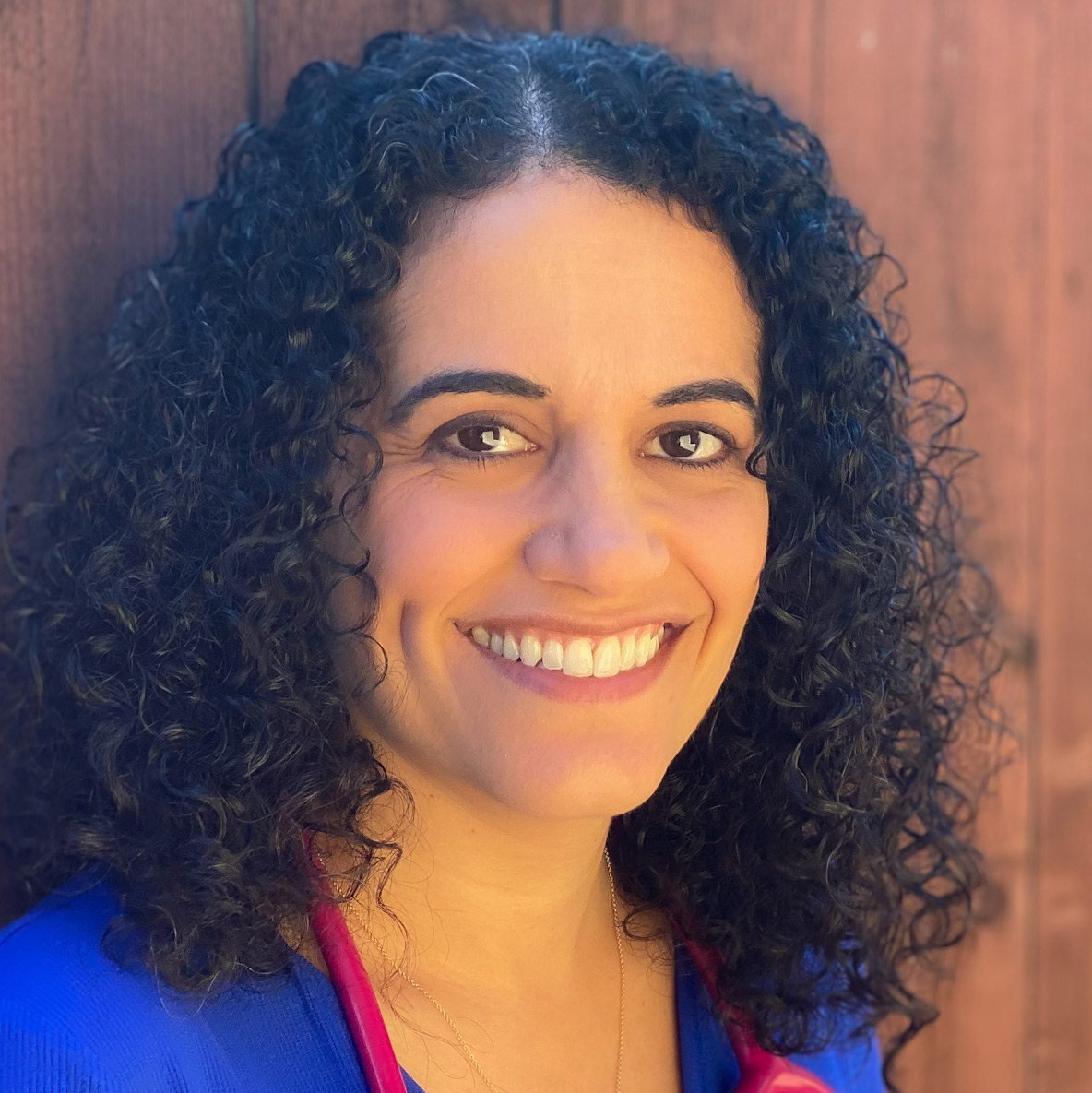
Is It Better to Eat Fruits on an Empty Stomach? A Dietitian Explains
Key takeaways:
Despite the common myth, it’s not better to eat fruit on an empty stomach.
Eating fruit on its own may actually lead to a higher blood sugar spike compared with eating it with foods that contain protein or fat.
Instead of trying to eat fruit at a certain time of day, you should focus on eating the recommended amount: 1.5 to 2 cups of fruit per day.
Table of contents

You might have heard that it’s better to eat fruit on an empty stomach. Many public voices promote rules about how we should eat our food. And some say that you should eat fruit on an empty stomach to get all the nutritional benefits. But is there truth to this claim? Here we’ll review what the science says about the best way to eat your fruit.
Are there any benefits to eating fruit on an empty stomach?
Despite what you may have heard or read, there’s no evidence to support the myth that fruit is better eaten on an empty stomach.
Eating fruit can offer you plenty of health benefits, such as:
Better heart health
Lower rates of diabetes
Improved brain health
Discover a simple way to manage diabetes
Patients can use GoodRx to save up to 40% on OneTouch Ultra Strips.

And since many fruits provide a combination of fiber and water, they can make you feel full. But you don’t need to eat fruit alone for these effects. You can get all of the health benefits of fruit whether you’re eating it on a full or empty stomach.
Does eating fruit on an empty stomach spike your blood sugar?
It might. Fruit is high in carbohydrates. Carbohydrates are broken down into glucose, which is a type of sugar. When you eat fruit, that sugar gets released into your bloodstream and causes a spike in blood sugar.
While fruit does contain fiber to help slow down this breakdown, eating fruit on its own can still cause a small to moderate spike in blood sugar. And certain kinds of fruit — those with a higher glycemic index — cause a higher blood sugar spike. This blood sugar spike is often higher for people who have insulin resistance, or any form of diabetes.
But eating fruit alongside a protein and/or fat source can help slow down the glycemic response, or the rate that your blood sugar rises. Research has found that eating fat with a meal or snack can slow down the rate that carbohydrates are digested. Protein also supports a healthy blood sugar response. So major diabetes organizations like the Joslin Diabetes Center recommend eating some protein or fat together with carbohydrates like fruit.
In other words, it’s better to pair a banana with peanut butter, or a pear with a handful of nuts. This may be better for your blood sugar than eating the fruit on its own.
So, when is the best time to eat fruit?
Now that you know that eating fruit on an empty stomach isn’t necessary, you might be wondering if there’s an ideal time to eat fruit.
Read more like this
Explore these related articles, suggested for readers like you.
Ultimately, eating fruit at any time of day is a healthy choice. That said, one study found that eating fruit at the beginning of the meal — rather than at the end — may be beneficial. It helped people feel fuller and eat smaller meals. So it’s possible that eating fruit before other food at mealtimes can be helpful to maintain a healthy weight. It didn’t, however, affect blood sugar. And there’s no evidence that eating fruit first has any effect on the nutrients that are absorbed.
Instead of focusing on what time of day to eat fruit, it’s better to concentrate on eating enough fruit daily. The U.S. Department of Agriculture (USDA) recommends eating around 1.5 to 2 cups per day of fruit. But only 1 in 8 people in the U.S. get the recommended amount. So whether it’s snacktime, mealtime, or something in between, the best time to eat fruit may be anytime you want to.
The bottom line
Contrary to recent popular belief, there’s no need to eat fruit on an empty stomach. In fact, pairing fruit with protein and fat may provide even more health benefits than eating it on its own. So rather than worrying about only eating fruit first thing in the morning, or only between meals, enjoy your fruit anytime of the day. You can have peace and confidence knowing that — whether it’s snack time or mealtime — if you’re picking up a fruit, you’re making a healthy choice.
Why trust our experts?



References
Abdul Hakim, B. N., et al. (2019). Effect of sequence of fruit intake in a meal on satiety. International Journal of Environmental Research and Public Health.
American Diabetes Association. (n.d.). Understanding carbs.
Basturk, B., et al. (2021). Evaluation of the effect of macronutrients combination on blood sugar levels in healthy individuals. Iranian Journal of Public Health.
Joslin Diabetes Center. (2021). Carbs, protein and fats — their effect on glucose levels.
Keservani, R. K., et al. (2016). Medicinal effect of nutraceutical fruits for the cognition and brain health. Scientifica.
Lee, S. H., et al. (2022). Adults meeting fruit and vegetable intake recommendations — United States, 2019. Morbidity and Mortality Weekly Report.
U.S. Department of Agriculture. (n.d.). Focus on whole fruits.
U.S. Department of Agriculture. (n.d.). Fruits.




























